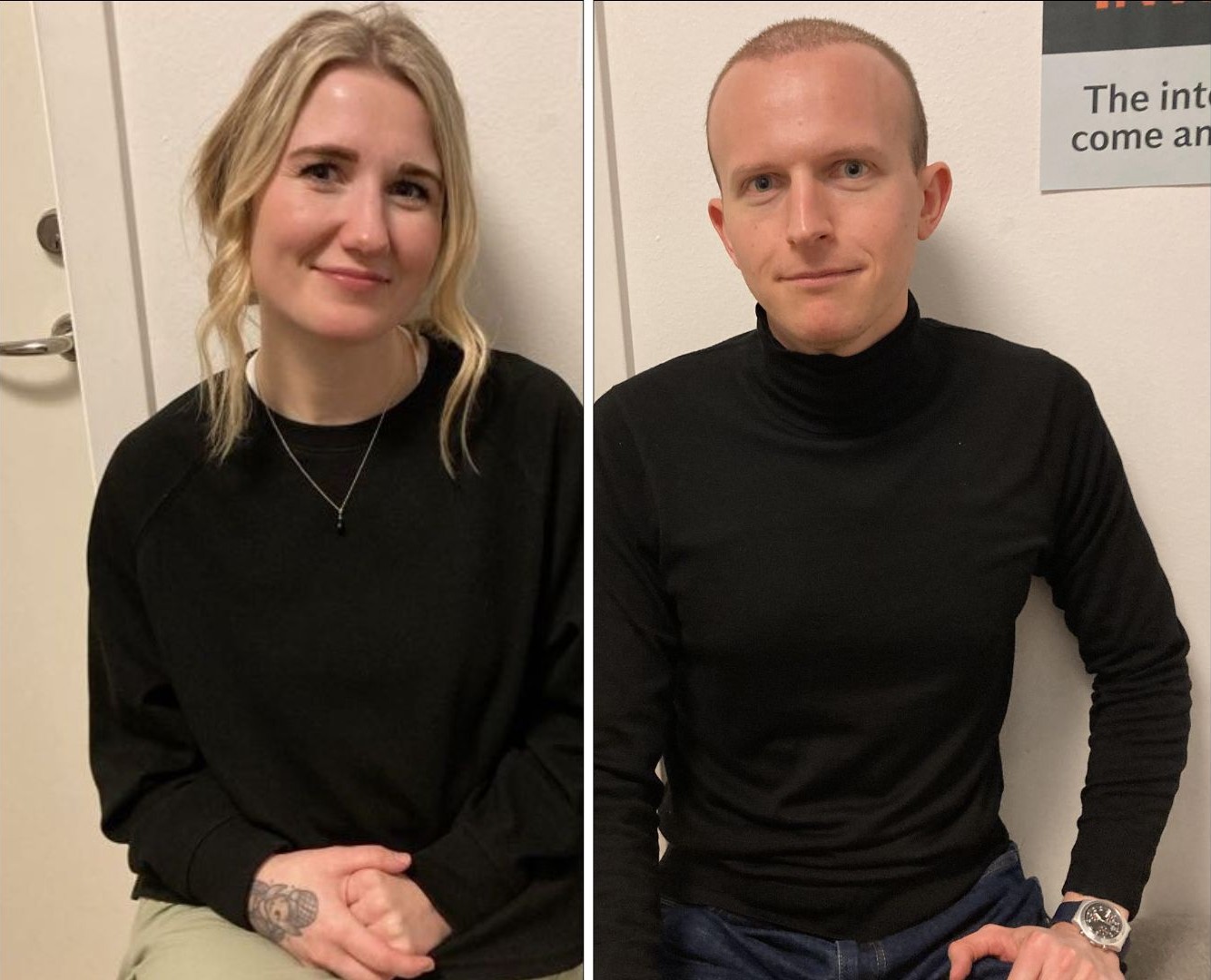Prominent voices from within the government party Radikale are calling for a formal split of church and state during the next legislative year, according to Berlingske newspaper.
The church minister, Manu Sareen, is a member of Radikale and recently said that the government had no plans to force a split.
But ten days ahead of the party’s annual meeting, Bo Nissen Knudsen, a member of the party’s executive committee, told Berlingske that the state should offer less support to the church.
“We don’t think it’s the role of the state to promote religion and it is certainly not an enterprise that needs to be supported with lots of money in this day and age,” Knudsen said. “The biggest problem is that lots of money from tax payers who are not members of the Church of Denmark are being used to pay the salaries of priests and finance the direct practise of religion.”
The discussion over whether to separate church and state has been ongoing for many years. The Church of Denmark was named as the “Danish people’s church" in Denmark’s constitution dating to 1848. Separating the church from the state would allow the church to have its own set of rules and remove parliament as its supreme legislative authority.
Klaus Frandsen, chairman of Radikale’s executive committee, argues that the Church of Denmark – of which almost 80 percent of Danes remain members – does not require as much support as it is currently given.
“In a country with different religions, it’s healthy that the strongest religion is given the chance to stand on its own feet so members of other religions do not feel discriminated against,” Frandsen told Berlingske. “But I think it should be done in a way which keeps the church strong enough to survive.”
Splitting church and state is legislatively difficult ,as it would require a change to the constitution. So while coalition partner Socialistisk Folkeparti (SF) supports the separation, they argue that, in the meantime, the church should be modernised.
“We want as loose a connection as possible so that church has more space to make its own decisions,” Pernille Vigsø Bagge, chairman of SF’s executive committee, told Berlingske.
Opinions vary between the political parties over the future of the Church of Denmark, with parties such as the far-left Enhedslisten arguing both that the church should be split from the state and that all religions should be equalised in the constitution.
The libertarian party Liberal Alliance's policy is that the Church of Denmark should be given less economic support but should remain Denmark's official church, as a majority of Danes still belong to it. Dansk Folkeparti believes that Christianity is the foundation of Danish culture and so no changes should be made to the relationship between church and state.
In May, Norway voted to separate church and state. Norway now no longer has a state religion and the government can no longer decide who to appoint as bishops.













